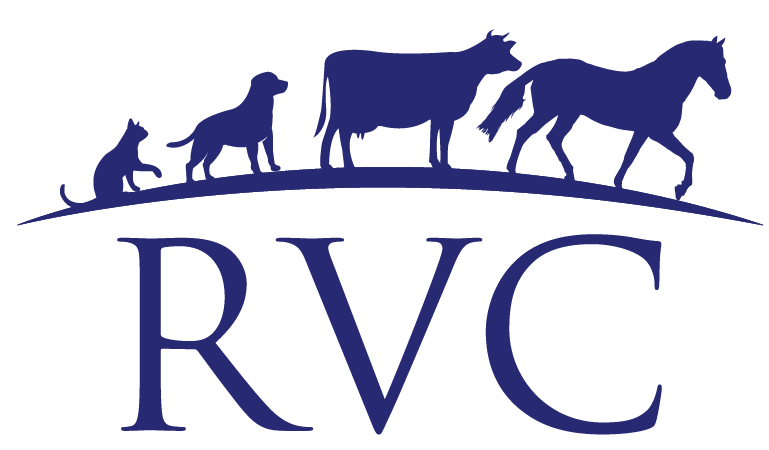CALF DRENCHING AND MINERALS
Summer, with long warm days and beers at the beach, unfortunately with the warm weather comes an increased risk of high pasture worm burden.
Treatment for worms is not just for now, but an investment for future weight gains and milk production. To ensure that we can use the drenches we now use for years to come we must make sure the worms on farm remain susceptible.
The following are tips to reduce worm drench resistance in youngstock:
Use of triple active drench: This is necessary to kill all types of roundworms in calves. These drenches contain three active ingredients which kill worms in different ways. If a worm is resistant to one active, it will get knocked down by one of the other active ingredients.
Leave 5% - 10% of the healthiest, heaviest, non-scouring animals untreated: This ensures that the worms populating your pastures are the ones which haven’t seen any drench and haven’t had a chance to build up a resistance.
We recommend ECLIPSE E Se B12: this contains eprinomectin (abamectin modified five-fold to produce a more potent drug) and levamisole. Eprinomectin is particularly good at killing the parasite Ostertagia. Levamisole is very good at killing the parasite Cooperia, so both actives work together to kill the two most important internal parasites in calves.
This drench also includes selenium and vitamin B12 which are both important trace minerals. Selenium helps animals fight disease, grow and reproduce successfully. Vitamin B12 is very important for the rumen microbes, and the animal itself, to be able to produce energy from grass. To make B12 the rumen needs cobalt. To correct a vitamin B12 deficiency, cobalt can be supplemented orally or B12 can be directly injected. Interestingly, it’s been shown that an animal’s ability to fight parasites in the stomach is better when there’s adequate vitamin B12; and selenium can make a virus weaker as well as supporting the immune system to fight it off.
You can also opt for vitamin B12 and selenium separate from the drench in this case we have Iver matrix calf or ECLIPSE E.
Copper is another mineral which shouldn’t be forgotten, and if you want a short working all in one mineral injection then Multimin is the way to go. Containing copper, selenium, zinc, plus two other important trace minerals. An injection with Multimin at weaning and 6 weeks after will insure a healthy transition. Just make sure while using Multimin you don’t double up on the selenium by using drenches containing selenium.
For a tailored plan see your primary vet!
But of course, prevention is better than cure:
Moving weaned calves onto clean (low contaminated) pastures. Clean pastures are where no animals have been for at least one season, newly sown pastures or pastures where drench and move techniques have been used.
If this is not possible or hasn’t been done, then the pasture is likely to be heavily contaminated with infective larvae. In this situation you may find it necessary to drench at or just before weaning.
In both cases testing for worm eggs (FEC) when calves are 3-4 months of age is a good idea. It’s an easy test to do and it can give us an indication of the pasture worm burden and if you need to drench early to prevent large pasture contamination. If scouring persists then a FEC 7-10 days after drenching can give us an idea if resistant worms are the cause.
R1 DRENCHES
Starting to look into the new season. And it comes quicker than you’d think. That’s the time to plan in the drenching of the R1 calves.
It’s easy as: an oral drench with any triple/double active drench, and an oral copper dose..




